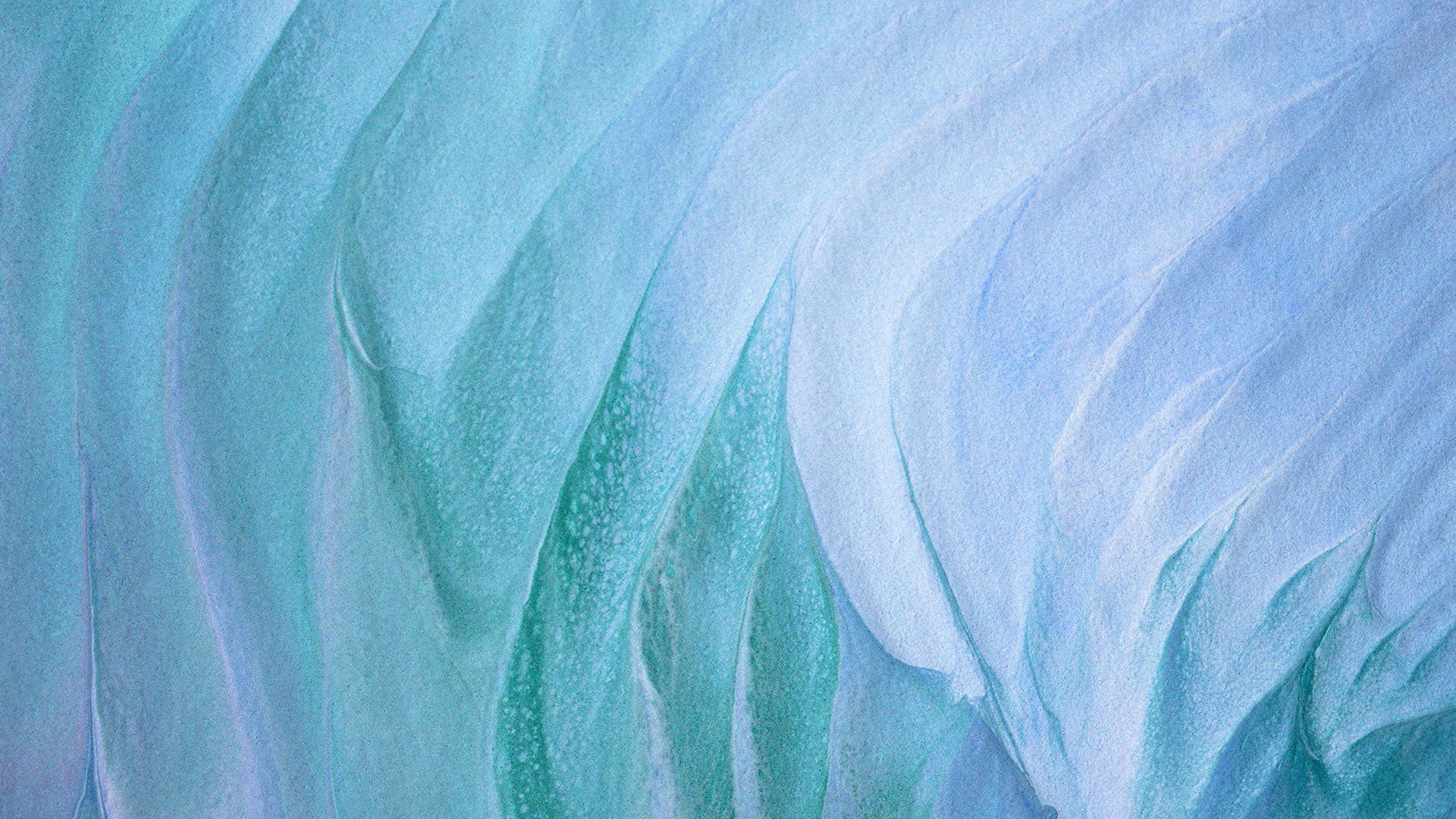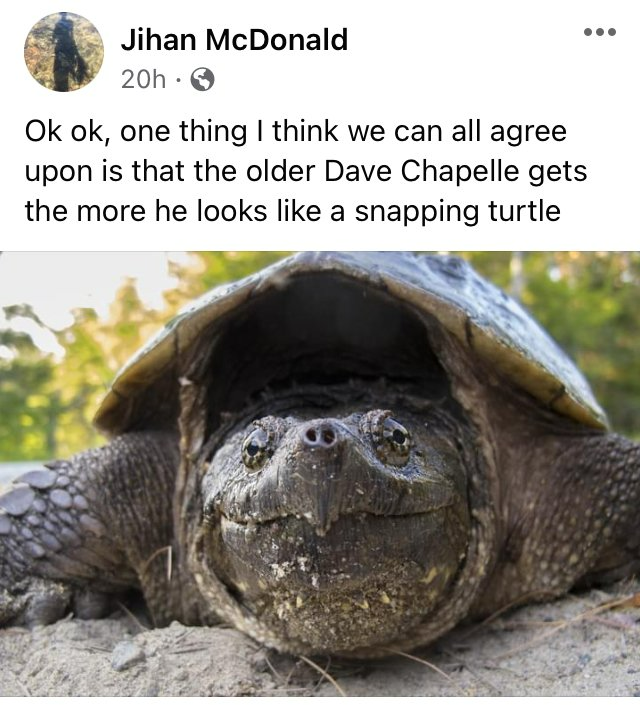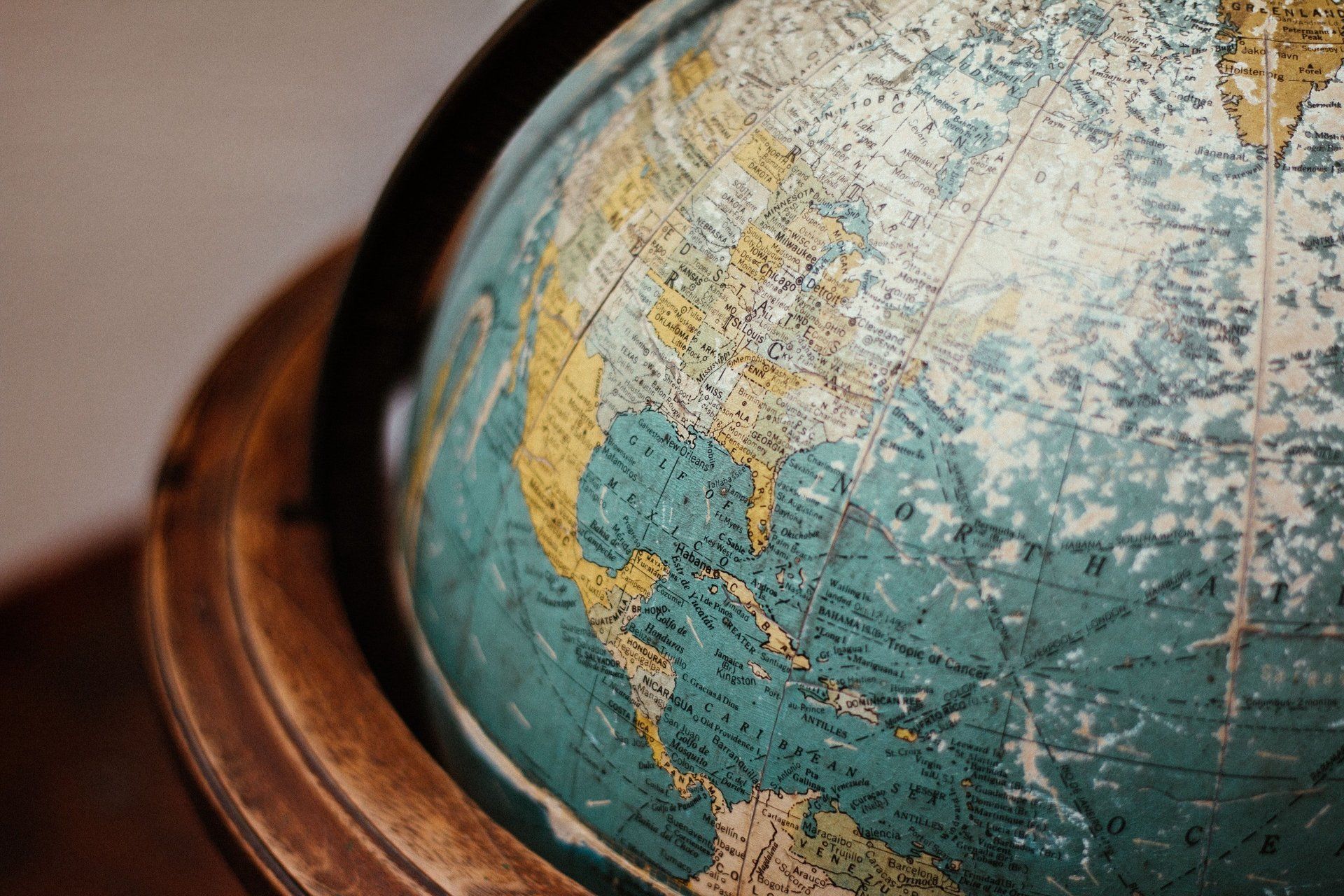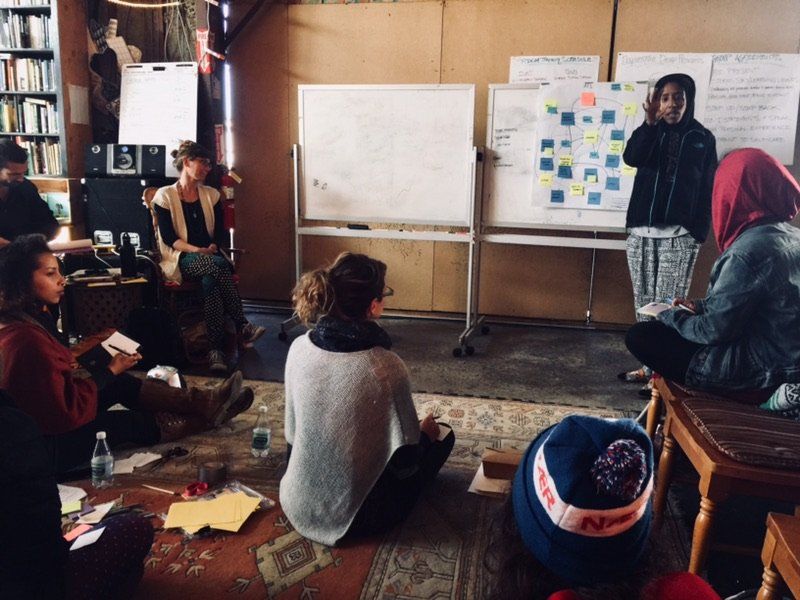Utopia is for Dreamers
This is a subtitle for your new post

0.
I know that my people can fly. Watterlogged Africans hummed this balm for sore drums into each other’s ears, a knowledge no language barrier could prevent. They braided this awareness into textiles and quilts and hair and stories. It’s heartbeats reached me through the tongues of my elders, Jim Crow’s children who gummed their teeth on the stories of the elders before them, from people who knew.
I.
Utopia is a joke for which all the insiders have died.
“Utopia”- from Greek: “ou” meaning “not” and “topos” meaning place; literally “no place”.
Utopia, originally published as- ahem- ”On the Best State of a Commonwealth and on the new Island of Utopia: A Truly Golden Handbook (No Less Beneficial than Entertaining) by the Most Distinguished, and Eloquent, Author Thomas More- Citizen and Undersheriff of the Famous City of London”, is mostly a conversation between Thomas Morus and Raphael Hytholdaeus while the former is on a diplomatic mission to the territory of the latter.
Note the following: in Greek, Morus translates to “fool”, and Hytholdaeus to “skilled in idle talk”. Is utopia merely a place for fools to attempt to converse with god?
II.
On the top floor of a two-storied house there is a room with a window that always faces the full moon. The pane of the window is leaded into 9 just barely rectangles and it’s always hinged open into the night. It is not “my room” but it is a place I know intimately. The lightly painted walls, the wooden desk to the left of the window, the bookcase, meticulously crammed, to the right. Countless nights, opening my eyes within the dream, I pull back the quilted coverlet and mousewalk to the window, careful of the aging floorboards, whose creaks my body knew to avoid from jump.
In my earliest visits to the room, I don’t know that I actually got out of the posted twin bed pressed into the walls of the corner farthest from the window. My eyes did the wandering while my mind seized and shattered. I was only a child after all, who had only known conditional freedom- which is to say no freedom- who couldn’t walk to the end of the block I lived on without an adult shadowing me. Instead, I waited for something outside of my beating heart to happen. It didn’t.
III.
Utopia is a matter of eschatology, which is to say it’s a matter of god and what you believe about the meaning of existing. The why of our hereness, the goals of our desires, the purpose of our breath. The questions we ask and what we do with their answers.
IV.
It keeps happening. This awakening. After finding myself here enough times, curiosity creeps me from beneath the sheets and I take the impossible action of a first step. It is what I imagine being drunk feels like. I wonder if some of the people I’ve seen on walks around our neighborhood go to places like this- the ones shadow lecturing in the intersection of the closest corner store, the ones pirouetting in the parking lot of Farmer Joe’s, the ones losing arguments with themselves at bus stops, the ones adults are always averting my eyes from. I wonder if the places they go are lamp oranged warm, full of books, softened by woven rugs and moonkissed air.
V.
If Thomas More saw The Bay, I wonder if he would recognize it. It has the topography of Utopia: a crescent of land wrapped about a body of water, two peninsulas reaching for each other across a strait. Too bad the map is not the territory.
Or maybe that’s its’ saving grace. Utopia is satire, a critique, after all. It was never meant to be inhabited.
VI.
The room is cozy and just the right size for a seven year-old to feel safe and adventurous. Most importantly, its unquestionably Mine. I can sing, cartwheel, or read every book on the self without being interrupted, unlike at home where there’s always something to do other than what I feel.
Through the window I can see the evidence of life I know- lamp posts illuminating sepentine streets, occasionally another window bleeding out light- but these streets are quiet, no sirens dischording the night, and even the insects playing their chorus in hushed tones. The rest of the house, which I just know exists, contributes only the resistance of its wood to time.
Once I've learned to trust my legs here, I go to the bookcase first, of course. I touch the fabric and leather spines, slide a book out, and press my nose between the pages, inhaling the rightness of their smell. At least this is familiar. I go father, to the desk under the window, a rectangle of dark wood tellingly devoid of my stickers, etchings and doodles. There is a stack of blank papers at rest at its center and a cup with pens and pencils in the top right corner. The corner closest to the window. The place I really want to go.
I often stand there, goosebumped with awe, knowing that while I watch the choreography of strange constellations, a body in a very different room, sleeps, and that it is somehow also mine. I don’t know how I’ve arrived here and am terrified of making a mistake and being denied an entry I have no idea how to appeal. The only thing I know for sure is that I want to stay.
For now, let’s call this place Utopia.
VII.
Utopia is a people pleaser with bad boundaries. It lets anybody in: children, psychopaths, saints, tech bros, people who use leaf blowers, healers, fascists, environmentalists, people who put bacon bits in caesar salads. No wonder it keeps getting fucked up.
VIII.
The stars are dense and close in that sky and they never fade. They do dance though. Behind them something sumi ink deep breathes, exhaling the galaxies and inhaling itself back into existence. The warm breeze of it gently licks the fear from my skin and I find my hand reaching into it, convinced I can pluck a planet like a guava from the tree in the backyard of the house off Coolidge where my other body slumbers while my brother snores and agitates about Ricky Henderson scores in his sleep.
One night, though I’m not sure this distinction matters because it is always night there, I creep up, onto the wooden sill of the window, my toes clutching the edge owl tight, my fingers clawed next to them, back arced, head craning. I know I belong there: in the mouth of whatever breathes the stars, dancing with that flirty twinkle, humbled by the tough-love reflections of the moon. The ache of the longing congeals into a sharp and pointing sanity, and I jump.
I kind of hover, suspended in awe- for just a moment- before disbelief crumples me into the night- and just like that- lifetime quick- it’s over. When I open my eyes, the moon is a crescent behind the trees outside my bedroom window and there’s an astringent sweetness on my tongue from licking the edge of eternity. It’s maddening. But at least now I know.
IX.
In the beginning was the word. Sound inspired to birth meaning from experience. In Greek, “eu” means “good”, which is to say that to get from “no place” to a “good place” is merely a slight alteration of how we express our breath.
X.
A. Inspire: from Old French enspirer "to fill the mind or heart, with grace;" and "to prompt or induce someone to do something,"
B. Inspire: from Latin inspirare- figuratively " to inspire, excite, inflame," literally "to blow into, breathe upon," (see spirit (n.))
C. Spirit: from Old French esprit: "life, the animating or vital principle," and from Latin spiritus: "breath, a breathing- of respiration or of the wind;" also "breath of a god," hence "inspiration; breath of life," hence life itself.
XI.
Living in the dream feels like going home. All I can think about is how to take flight.
I match my breath with whatever exhales the stars and wait. I have been learning. It is not a matter of wings but of will, of catching the wind in your lungs, no more than a few heartbeats worth at a time, and trusting it.
The waking world is torture. All day long, limitation after expectation after projection. It never ends. I don’t need to ask to know no one will believe me if I tell them I know how to fly, even though technically I haven’t. Yet. I’m just a little black child in a blinding city. Nobody sees, for better or for worse, that there is anything else for me to be in their world. I crave sleep.
XII.
It’s been written that The Bay is the reincarnation of Atlantis, those of us who love it by birth or by calling responsible for safeguarding its culture. It would explain so much.
Conquistadors called this land Calafia, thinking it was a fabled island of gold and brown skinned warrior women. Angela; Erika; Elaine. Were they wrong?
XIII.
Utopia argues that for it’s own existence, civil philosophy, that is the fucks we give about the society we live in, “not only has a place, but even poses a challenge and a duty not to desert the ship in a storm because you cannot control the winds—while making things as little bad as you can”. We have so much to learn from evergreens.
XIV.
Grown ups are always asking me what I want to be when I grow up. No one asks me who I want be. How I want to be. I want to be someone who celebrates the beauty of my senses. I want to be someone who lives on the edge of possibility. I want to be someone who works for the eventuality of freedom. I want to be someone who can breathe that moonlight into a sunny afternoon. I want to be an artist.
XV.
Artist:
A. one who is able by virtue of imagination or talent to create art-works with great skill
B. Art: from Old French - skill as a result of learning or practice
C. Nina Simone- someone who’s work reflects the times
D. James Baldwin- a lover, one who makes you conscious of things you do not see
XVI.
I begin to understand what my dance teachers are always telling me: you have to know where you’re going for your body to follow you there. I stop flinging myself through windows. I start where I am. Feet on the floorboards, arms by my side, fear at my back, courage in my heart. Time overextends itself like a Stretch Armstrong doll and I feel the wind brush my soles. I remember what it felt like to be held by awe. I breathe in suspension, not attempting more than this moment. The wind does not do with being rushed.
XVII.
I once read in a book that art is the truest human birthright. In a pre pre-fab world, everyone was responsible for making what they needed. Clothes, houses, tools, weapons, systems, philosophies. And to do so with great skill would clearly be of best interest. To be an artist was not only the obvious choice of occupation, it was the only choice.
XVIII.
I wear my will into a habit and it becomes natural to walk on air. The only possible outcome of weaving of my desire with the wind. Ascension is excruciating, the millimeter above the rug the equivalent of a psychic mile, not to mention the space between the rug and the bookcase, the bookcase and the window. But it’s also liberating. I am closing the distance between where I am and where I want to be.
XIX.
As a Bay Area native I can’t help but despise colonization. But as a California native I can’t help but respect the hustle. Nobody makes it across the Rockies and the Sierras, by wagon wheel, donkey, or foot, without something like the force of will it takes to fly.
XX.
I wish I knew how to control it. Sometimes, nothing happens. I am tucked into bed, and I dream, but I am merely an observer, plopped into a narrative in which I’m powerless. The mornings after I feel grumpy, the oatmeal with raisins and cinnamon that I usually enjoy a tasteless gruel.
Whenever I awaken in that room, I thank my lucky stars.
XXI.
Utopia can never be lost because it can never be found, only ever dreamed. It is a work that can never be finished, therefore, perfection and utopia cannot coexist.
XXII.
The air moving through the open window is teasing me. For many moons now, it has witnessed me rising and falling, smoothing my movement from an anxious staccato into a steady legato and I get the feeling its tired of watching me. It wants to play.
I do too but I am scared. I float to the window and lean against the sill. A kid at school said that if you die in a dream that you die in real life. That kid is best known for his skill at picking his nose and sucking his thumb at the same time but still, I can’t shake the question.
What will happen to me if I fly?
XXIII.
I’ve never attempted it but I think I understand how Jesus walked on water.
XXIV.
A fallen guru once taught me that the measure of human sanity is the cohesiveness of its story. It doesn’t matter if the story is good or bad, or even true, what matters that the story is whole in its telling.
I believe that story is the only empirical data reality provides.
XXV.
I buoy myself to the ledge of the window, breathe, and leap, taking wing into the awaiting darkness.
The starlight reaches inside of my chest to pull me closer. I reach back, following its lead. It returns me to the wisdom of my ancestors. I become a wind sailor, something outside of my own control, allowing myself to be breathed.
XXVI.
Life is art. There is nothing finer to create than a life lived to its borders. And then some.
XXVII.
There is no finite line between flying and not flying. Its an isness, a matter of attunement and calibration, an acceptance of the subtle strength it takes to bear weight in a still awakening world. Of the intention it takes to move it. Of the will it takes to let it go. Like breathing, it is something noticed within the process of its completion. Like art, it is a birthright of our souls.
XXVIII.
Where do I go from here?
The wind knows the way. Besides, it’s not really a where, actually, more like a why that shares a border with a what.
XXIX.
How silly of me to be scared of myself.





